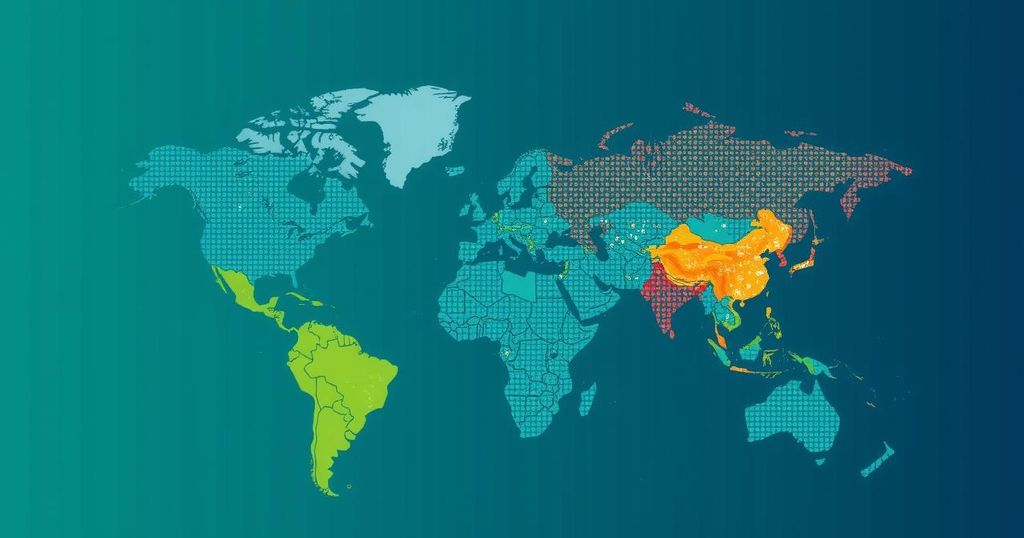Research indicates that climate change issues, despite increasing occurrences of extreme weather events, are unlikely to significantly influence voting behaviors due to misinformation and identity politics. Lawrence Hamilton highlights that younger voters are more amenable to changing their views, which may affect future elections.
Researchers have examined the influence of climate change on voter behavior, particularly in the context of recent extreme weather events such as wildfires and hurricanes. Lawrence Hamilton, a scholar at the University of New Hampshire who focuses on public perceptions of climate change, indicates that although awareness of climate issues had been rising, this trend has stagnated following the pandemic. He notes that increasing misinformation surrounding climate science has contributed to the phenomenon where significant climate events fail to sway electoral outcomes. Hamilton explains that voting patterns are deeply intertwined with personal identity, making it challenging to alter one’s perspectives, especially among individuals aged 30 and older. In contrast, younger voters tend to display greater flexibility in their viewpoints and are more inclined to attribute climate change to human actions, potentially enhancing its political significance in future elections, particularly in the Mountain West region.
The topic of climate change is increasingly relevant in political discourse, with its physical manifestations seen in natural disasters such as wildfires, hurricanes, and rising temperatures. Historically, public awareness surrounding climate change was on the rise, but this momentum has been disrupted by the spread of conspiracy theories and misinformation following the COVID-19 pandemic. This change has significant implications for politicians and their campaigns, as they navigate the complexities of voter identity and public opinion.
In conclusion, while climate change remains an urgent issue exacerbated by recent disasters, its influence on voting behaviors appears limited, particularly due to the entrenchment of misinformation and the strong ties of political identity among older voters. However, as younger generations increasingly recognize the human impact on climate change, there is potential for this issue to gain more traction in future electoral contexts.
Original Source: www.upr.org






